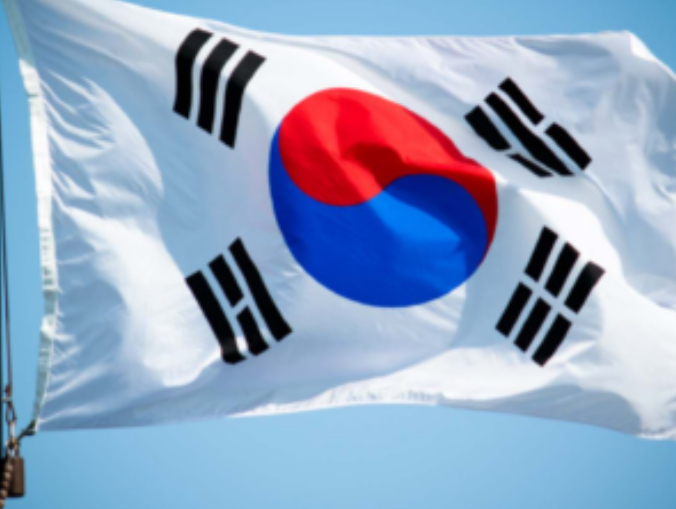South Korea hosted an international summit on Monday in Seoul to develop a blueprint for the responsible use of artificial intelligence (AI) in military contexts.
More than 90 countries, including the United States and China, attended the two-day summit, which was the second of its type. The first summit was held in Amsterdam last year, resulting in a non-binding “call to action” from major nations.
South Korean Defense Minister Kim Yong-hyun emphasized the dual nature of AI in warfare, citing a Ukrainian drone equipped with AI that played an important part in the Russia-Ukraine conflict. Kim underlined the importance of safeguards, stating that while AI can improve military capabilities, it also poses risks of misuse.
Cho Tae-yul, South Korean Foreign Minister, stated that discussions at the meeting would center on ensuring AI compliance with international law and preventing autonomous weaponry from making key decisions without human intervention. The purpose is to provide a blueprint with basic requirements for AI in military applications that incorporates concepts from NATO and other organizations.
The summit, co-hosted by the Netherlands, Singapore, Kenya, and the United Kingdom, aims to provide ongoing dialogue in a rapidly evolving field driven by the private sector but governed by public policy. Although the summit’s agreements are expected to be non-binding, they will help set boundaries on AI military applications.
In addition to the Seoul summit, the U.N. is discussing potential restrictions on lethal autonomous weapons systems under the 1983 Convention on Certain Conventional Weapons. The U.S. has also introduced a declaration on the responsible use of military AI, endorsed by 55 countries as of August.
With around 2,000 participants from global organizations, academia, and the private sector, the summit will cover various topics, including civilian protection and AI in nuclear weapons control.

